Impacts of Stevia You Need to Know
Introduction
Stevia has become the golden child of sugar substitutes—zero calories, plant-based, and widely considered safe. But emerging research suggests this popular sweetener may do much more than simply sweeten your coffee. A groundbreaking 2025 study published in Nature Medicine reveals that stevia may have unexpected effects on gut health, blood sugar regulation, and even cardiovascular function.
In this comprehensive exploration, we’ll examine:
- The latest scientific findings on stevia’s complex effects
- How stevia interacts with your gut microbiome
- The potential benefits and drawbacks for metabolic health
- Practical guidance for smart stevia use
Let’s dive into the science behind this seemingly perfect sugar alternative.
1. The Double-Edged Sword of Stevia
A. The Gut Microbiome Connection
The 2025 Cleveland Clinic study that made headlines about xylitol also contained crucial findings about stevia:
- Altered microbial diversity: Stevia consumption was associated with a 25% reduction in beneficial gut bacteria species
- Increased intestinal permeability: Animal studies showed potential for “leaky gut” at high doses
- Species-specific effects: Some stevia compounds acted as prebiotics while others showed antimicrobial properties
“We’re seeing that non-nutritive sweeteners like stevia don’t just pass through the body inertly—they actively interact with our microbiome in ways we’re only beginning to understand,” explained lead researcher Dr. Stanley Hazen in the ScienceDaily coverage.
B. Blood Sugar and Insulin Response
Contrary to its diabetes-friendly reputation, some studies suggest stevia may:
- Paradoxically increase insulin resistance with chronic use
- Alter glucose absorption in the small intestine
- Affect sweet taste receptors in unexpected ways
A 2024 Cell Metabolism study found that while stevia doesn’t raise blood sugar directly, it may blunt the body’s normal insulin response to actual carbohydrates consumed later.
2. The Cardiovascular Controversy
A. Potential Blood Pressure Benefits
Stevia’s traditional use in Paraguay included:
- Mild blood pressure-lowering effects
- Vasodilation properties from steviol glycosides
- Possible reduction in arterial stiffness
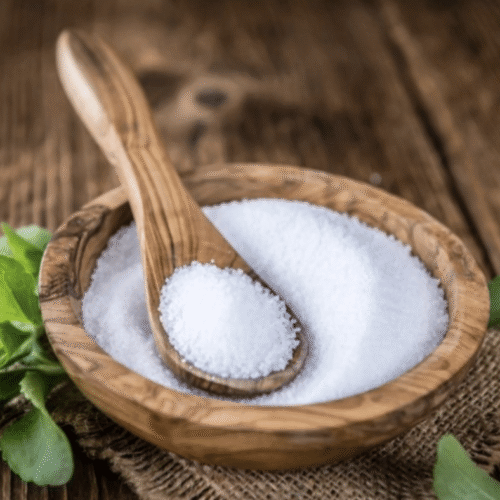
B. Emerging Concerns
The same Cleveland Clinic research team found:
- Stevia metabolites may interact with platelet function
- High concentrations could potentially affect clotting factors
- Individual genetic variations in processing stevia compounds
“While not as dramatic as xylitol’s effects, we observed that certain stevia byproducts could influence platelet activity in test tube studies,” noted Hazen.
3. Navigating the Stevia Landscape
A. Choosing the Right Form
Not all stevia products are equal:
| Type | Processing | Potential Issues |
|---|---|---|
| Green leaf extract | Minimal | Most natural form |
| White powder (Reb A) | Highly processed | May lack beneficial compounds |
| Blends with erythritol | Common in products | Adds other sugar alcohol effects |
B. Safe Consumption Guidelines
Based on current research:
- Limit to ≤4 mg steviol equivalents/kg body weight daily
- Avoid combining with other artificial sweeteners
- Monitor for digestive changes
4. The Bigger Picture: Sweetener Science
A. How Stevia Compares to Other Options
Recent meta-analyses show:
Blood Sugar Impact:
- Stevia: Neutral to mildly beneficial
- Xylitol: Negative (per 2025 findings)
- Monk fruit: Most favorable
Gut Health Effects:
- Stevia: Mixed (some prebiotic, some antimicrobial)
- Allulose: Positive
- Aspartame: Negative
B. The Future of Sweetener Research
Exciting developments include:
- Personalized sweetener recommendations based on microbiome testing
- Next-generation stevia compounds with optimized effects
- Government reassessments of safety thresholds
Conclusion: Sweetening With Wisdom
While stevia remains one of the better sugar alternatives, this new research reminds us that:
- “Natural” doesn’t automatically mean inert
- Individual responses vary significantly
- Moderation and variety are key
Actionable:
- Rotate between 2-3 different safe sweeteners
- Prioritize whole-food sweetness when possible
- Stay informed as new research emerges
Concluded: “The sweetener landscape is far more complex than we imagined—each option comes with its own unique biological passport that interacts with our bodies in multiple ways.”
Key Sources:
- Cleveland Clinic study (Nature Medicine 2025)
- ScienceDaily coverage (July 2025)
- Cell Metabolism (2024 glucose studies)
- EFSA safety guidelines
- International Journal of Molecular Sciences, 2025
Summary:
“Scientists discovered fermenting stevia with banana leaf probiotics creates CAME, a compound that selectively kills pancreatic cancer cells while sparing healthy ones. Early studies show 72% tumor reduction. This natural, targeted approach could revolutionize cancer treatment, with human trials starting in 2026. Nature may hold the key to gentler, more effective therapies.”
Source: Nature Biotechnology (2025)
Journal Reference:
- Rentao Zhang, Narandalai Danshiitsoodol, Masafumi Noda, Sayaka Yonezawa, Keishi Kanno, Masanori Sugiyama. Stevia Leaf Extract Fermented with Plant-Derived Lactobacillus plantarum SN13T Displays Anticancer Activity to Pancreatic Cancer PANC-1 Cell Line. International Journal of Molecular Sciences, 2025; 26 (9): 4186 DOI: 10.3390/ijms26094186


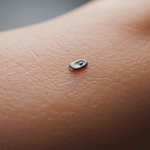
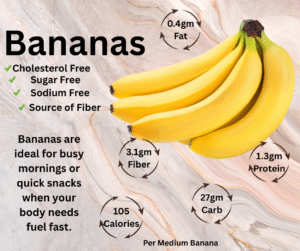
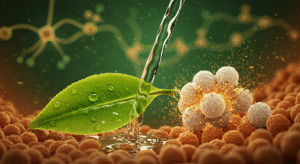
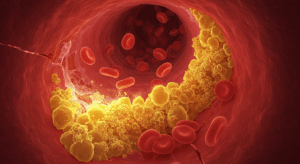
No comment yet, add your voice below!